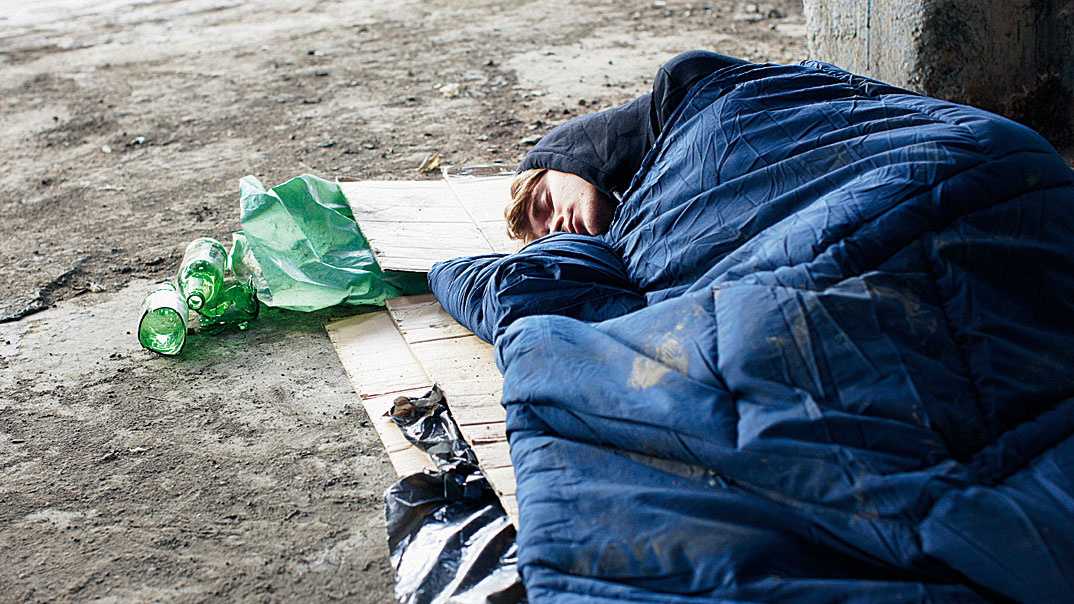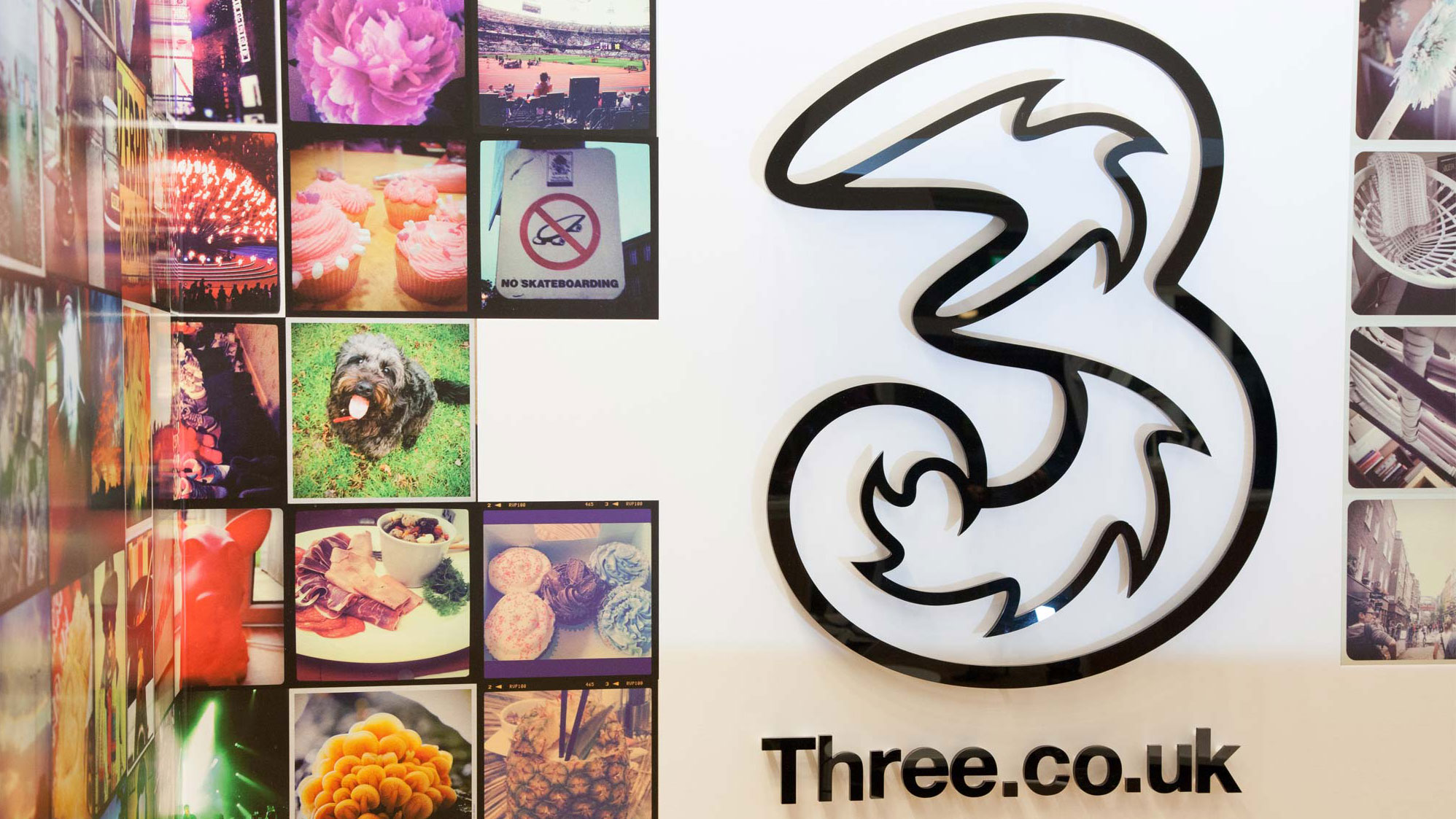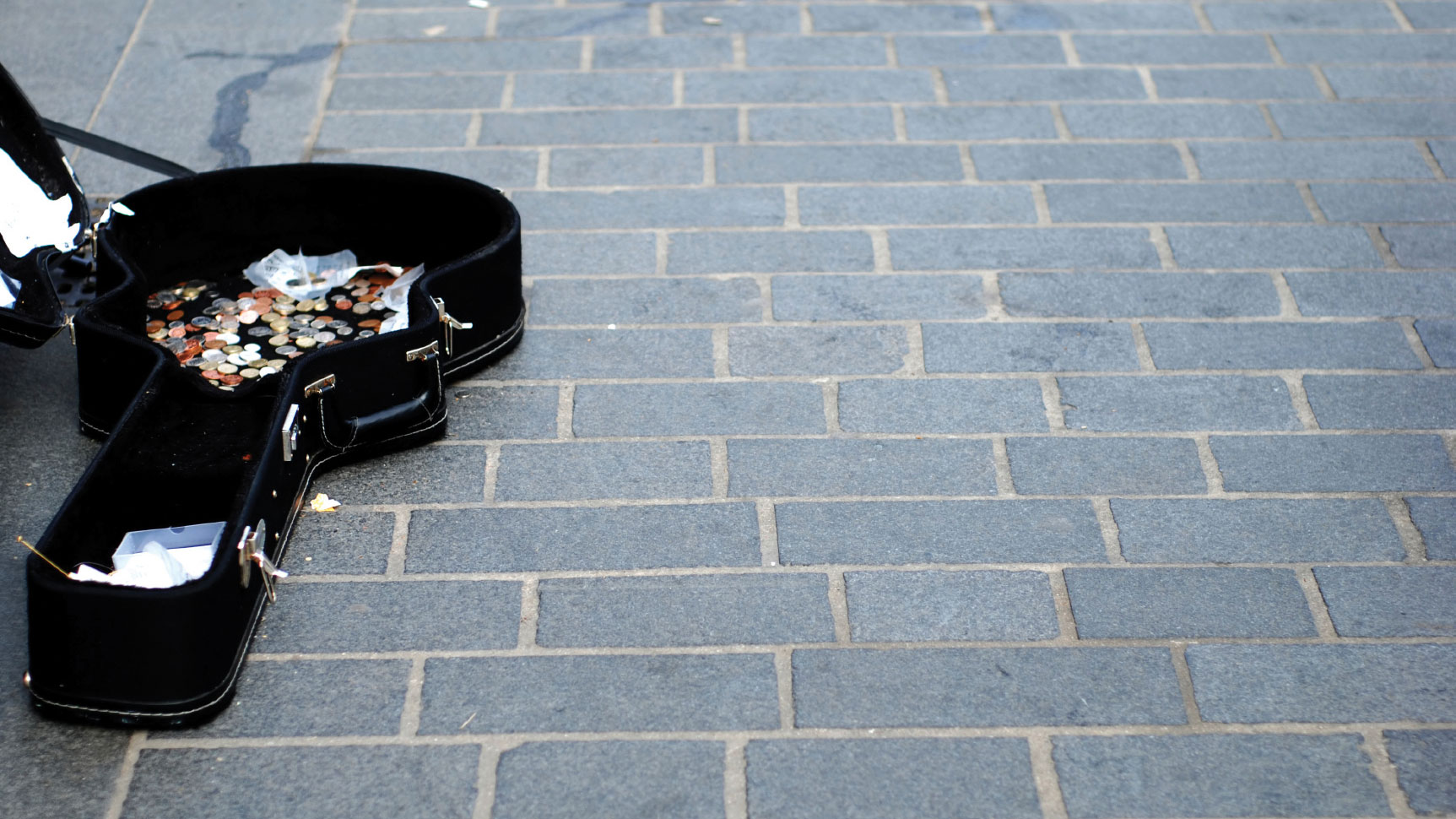How one UK mobile network is donating old phones to people in need
Clear out your tech cupboard – and do a good deed in the process

Drawers around the world are full of old, out of date and unloved mobile phones that people have forgotten to – or can’t be bothered to – sell or pass on. But one UK network wants to give these phones a new lease of life.
Three is encouraging people to rid themselves of idle phones, but instead of selling them on for a small profit, it’s asking them to donate them to people who desperately need access to a phone and the internet.
Mobile recycling company CompareMyMobile found that in the UK there were £13 billion worth of phones lingering in people’s homes at the start of 2016.
The new Three scheme, called Reconnected, takes these devices and gives them to people struggling with their finances, or who have experienced some kind of trauma in their lives, and provides them with free access to the Three network for 90 days to help them get back on their feet.
Helping out
The scheme, which is limited to the UK right now, donates phones to homeless people, domestic abuse victims and many other groups who don’t necessarily have easy access to the internet or a phone line.
Celina Benedict, Responsible Business Manager at Three, told TechRadar: “We think we’ve come up with a smart idea to get handsets into the hands of people who could really make the most of them.
“That’s either to help them get jobs, reconnect with family or even just enjoy using a mobile, which we sometimes take for granted.”
Get daily insight, inspiration and deals in your inbox
Sign up for breaking news, reviews, opinion, top tech deals, and more.
The internet has become an indispensable tool that, as Benedict points out, many of us take for granted. In June 2016, the United Nations Human Rights Council even declared internet access to be a human right.
If you donate your phone to the Reconnected scheme, Three will ensure the phone isn’t broken, update it to the latest software, make sure it can access the internet and pair it with the relevant accessories, such as a charger and microUSB cable.

The new user will then be given 12GB of data, 300 minutes and 3,000 texts to use each month for three months, while the phone is theirs to keep. If the person wants to continue using it after that period they’ll have to pay for network access though.
Not every recipient will be able to afford to maintain the network access, but Three’s thinking is the 90 days should give them enough time to reconnect with services and people they need to help them turn things around, such as a Job Center, or family members in another part of the country.
Benedict adds: “We couldn’t not give data, we live on data – it’s one of the most important aspects. The idea was to give them more than they needed, but give them a cap so they could see what real usage is like and set them on the right path for later.”
"We couldn’t not give data, we live on data"
Celina Benedict at Three
People in need won’t be able to apply for this scheme directly though. Three is partnering with a number of different organisations to find people who can benefit from Reconnected.
Benedict says: “What they all have in common is they don’t have access to the internet, they don’t have a smartphone. The scheme is to help them get back on track and overcome issues.
“It may be they’re at risk of homelessness or need to get employment, or even just better digital skills. They’re all just trying to improve their lives, but they’re missing this one valuable tool that most of us have and can’t even imagine living without.
Not everyone is in a situation to recharge a device, however. For example, homeless people without access to electricity won’t benefit from this scheme.
“Often people in the scheme are at risk of homelessness, so they’re staying in shelters or in provided accommodation so charging is possible there,” adds Benedict “It’s more about giving them the kit and getting them started really.”
There’s also a concern that a donated phone could be sold on by the person who receives it – and Three hasn’t put a process in place for addressing this problem yet.

“We have to rely on the community groups we’re working with,” says Benedict. “We have to trust them to understand the individuals they’re supporting, and for them to decide the individuals who would make the most of the experience and will be able to carry on using a device afterwards.”
Three ran an internal pilot for the Reconnected scheme last year, encouraging its employees to donate their old phones. It received over 1,500 handsets and managed to donate 99 to people in need.
The hope is that, by opening the scheme to the public, Reconnected will receive newer phones. More modern devices will enable the scheme to be more effective, but Three will take any phone, even if it can’t connect to the internet.
If your phone isn’t suitable for the scheme, Three will recycle the parts instead of giving it away – and that means you can clear your drawers no matter how old or damaged your phone is.
Like to take part in the scheme? You can donate your phone at any Three store around the country right now – hopefully your unloved old, handset will be good enough to make a real difference to someone less fortunate.
James is the Editor-in-Chief at Android Police. Previously, he was Senior Phones Editor for TechRadar, and he has covered smartphones and the mobile space for the best part of a decade bringing you news on all the big announcements from top manufacturers making mobile phones and other portable gadgets. James is often testing out and reviewing the latest and greatest mobile phones, smartwatches, tablets, virtual reality headsets, fitness trackers and more. He once fell over.
